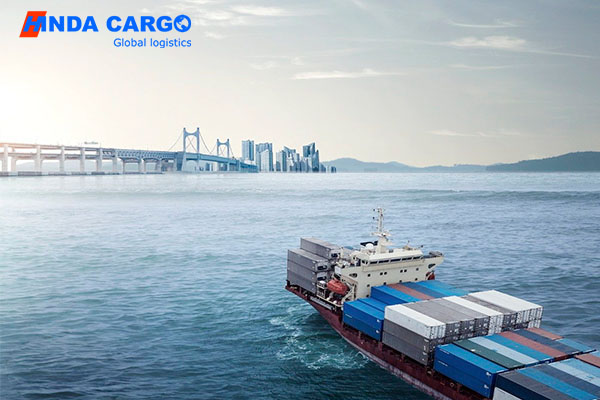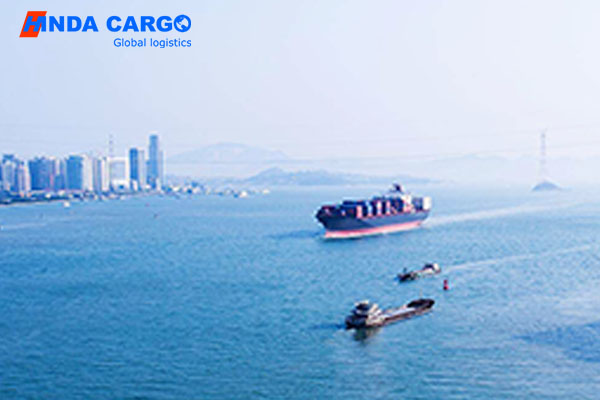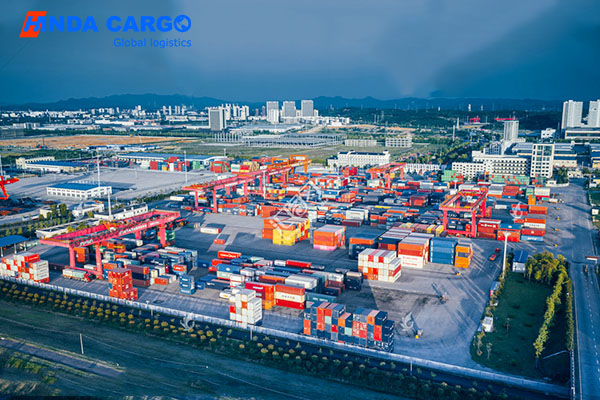What is a common freight carrier?
The freight industry is a vital area of global trade, involving various modes of transportation and types of services. Among them, common freight carrier is an important concept. This article will first provide an in-depth look at what a common freight carrier is and their role in the transportation world. Next, we continue to explore how common freight carriers manage their operations and describe the challenges and opportunities they face. Finally, we discuss future common freight carrier trends and their impact on the industry as a whole.
What is a common freight carrier?
A common freight carrier is a private or public entity responsible for transporting goods or people for a fee. They bear the responsibility of providing a public service, and unlike private carriers, public freight carriers are required to provide service to anyone willing to pay unless there are reasonable grounds for refusal. This imposes certain social responsibilities on public freight carriers.
1. Responsibilities of common freight carriers:
Serving the Public: Services provided by common freight carriers should be open to all customers willing to pay a fee.
Regulatory compliance: They need to comply with regulations set by governments and relevant regulatory agencies, including pricing, service quality and safety standards.
2. Advantages of common freight carriers:
Broad coverage: Common freight carriers typically have extensive transportation networks and are able to serve multiple regions and markets.
Diversified services: They provide a variety of transportation services, such as road, rail, air and sea transportation, to meet the different needs of customers.
3. Challenges for common freight carriers:
Competitive Pressure: Common freight carriers face competitive pressure from private carriers and other modes of transportation.
Cost Control: Common freight carriers need to control costs while providing quality service to remain competitive.

How do common freight carriers manage their operations?
Common freight carriers need to take a variety of measures to effectively manage their operations and ensure service quality and profitability.
1. Technological innovation:
Digital Transformation: Common freight carriers are adopting digital technologies such as IoT, blockchain and artificial intelligence to improve operational efficiency and customer experience.
Real-time tracking: By monitoring goods and transportation vehicles in real-time, they can better manage the transportation process and improve accuracy and efficiency.
2. Cost control:
Optimize transportation routes: By optimizing transportation routes and scheduling, common freight carriers can reduce energy consumption and transit time.
Economies of scale: By consolidating transportation services, common freight carriers can reduce costs and increase profitability.
3. Communication and cooperation with customers:
Customer relationship management: Common freight carriers need to maintain good communication and cooperation with customers, understand their needs and provide customized services.
Providing value-added services: By providing value-added services such as warehousing, logistics, and supply chain management, they can increase customer satisfaction and increase revenue streams.

What is the future development trend of common freight carriers?
The future development of common freight carriers will be affected by technological innovation, market demand and regulatory changes. Here are some future trends:
1. Sustainable development:
Green transportation: Public freight carriers will strive to reduce carbon emissions, use electric or hydrogen fuel transportation vehicles, and improve environmental friendliness.
Renewable energy: They may invest in renewable energy, such as solar and wind power, to reduce the environmental impact of transportation.
2. Collaboration:
Cooperation with other industries: Common freight carriers may cooperate with other industries, such as e-commerce, manufacturing and logistics, to provide integrated transportation services.
Sharing economy: They may adopt a sharing economy model, partnering with other carriers and businesses to share resources and technology.
3. Data-driven decision-making:
Big data analysis: Common freight carriers will continue to use big data analysis to optimize transportation processes and improve efficiency.
Predictive maintenance: Through predictive maintenance, common freight carriers can reduce vehicle breakdowns and improve transportation reliability.

Summarize
Common freight carriers play an important role in the freight industry. They offer a diverse range of services and face challenges but also many opportunities. Through technological innovation, cost control and cooperation with customers, they can remain competitive in future development and provide better transportation services for global trade.




